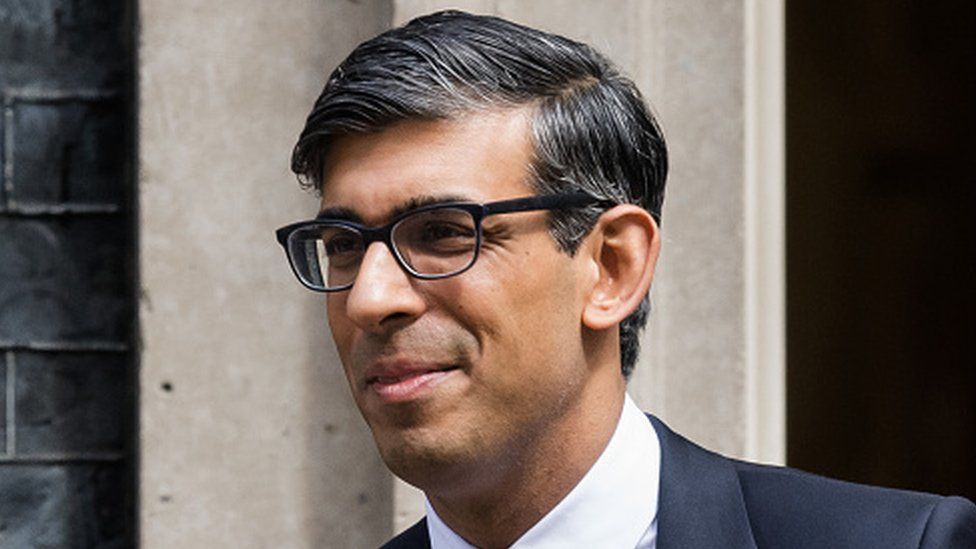ARTICLE AD BOX
 Image source, Getty Images
Image source, Getty Images
Rishi Sunak's press secretary declined to "speculate" on the result of the next general election
By Joshua Nevett
BBC Politics
Rishi Sunak has not ruled out forming a coalition government with other parties if the Conservatives fail to win a majority at the next general election.
The prime minister's press secretary declined to "speculate" on the result of the next election.
Labour urged Mr Sunak to rule out a deal to "cling to power" if he loses.
Labour's leader, Sir Keir Starmer, has ruled out a coalition with the SNP but not the Liberal Democrats.
Sir Keir has claimed Labour is on course for a majority after gaining 537 councillors and 22 councils in last week's local elections in England.
Labour has a double-digit lead over the Tories in national polls, but electoral analysts have cast doubt on whether the party can win enough seats to form a government without the support of the Lib Dems or the SNP.
At Prime Minister's Questions on Wednesday, Mr Sunak accused Sir Keir of being "busy plotting coalitions" while the Conservatives are running the country.
But Mr Sunak's press secretary did not rule out any deals between the Conservatives and other smaller parties following the next general election.
"I don't think anyone at this stage is going to speculate on the results of the next election," she said.
Labour's shadow Scotland secretary Ian Murray said this amounted to a "refusal to rule out a grubby deal with the SNP".
"Under Keir Starmer and Anas Sarwar's leadership, Labour has said repeatedly we wouldn't do any deal with those who want to break up our country," Mr Murray said.
"The Tories must now urgently follow Labour's example."
"The Prime Minister is fully committed to and focused on delivering his five priorities and that's what we're going to do to get a Conservative majority."
Sir Keir Starmer: "There is no basis for any deal, at all, with the SNP because of their politics of separation"
If no party wins a majority in the House of Commons, the result is a hung Parliament.
The party with the most seats is usually asked to form a government but in order to secure a majority to get its legislation through it must get support from other parties.
This is normally through a formal coalition or a looser deal that would see major legislation supported, but most decided on a vote-by-vote basis.
Ahead of the 2010 general election, former Conservative Prime Minister David Cameron warned of a "coalition of chaos" between Labour and the SNP.
It was the Conservatives who ultimately entered a coalition with the Lib Dems between 2010 and 2015, and Theresa May's government relied on the support of the Democrat Unionist Party between 2017 and 2019.
When asked if he would do a deal with the Lib Dems, Sir Keir told the BBC this was a "hypothetical question".
But he said he would never do a deal with the SNP because of a "fundamental disagreement" on Scottish independence.
"I want to press on for a Labour majority, that's what we're aiming for," Sir Keir said.

 1 year ago
38
1 year ago
38








 English (US) ·
English (US) ·